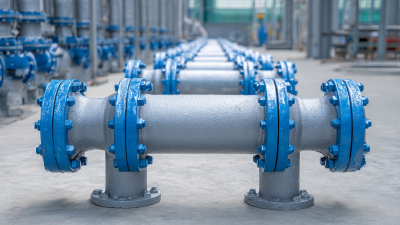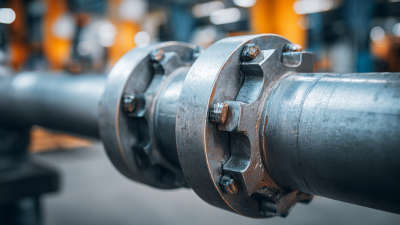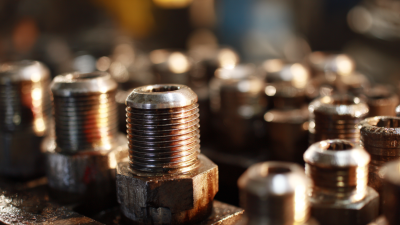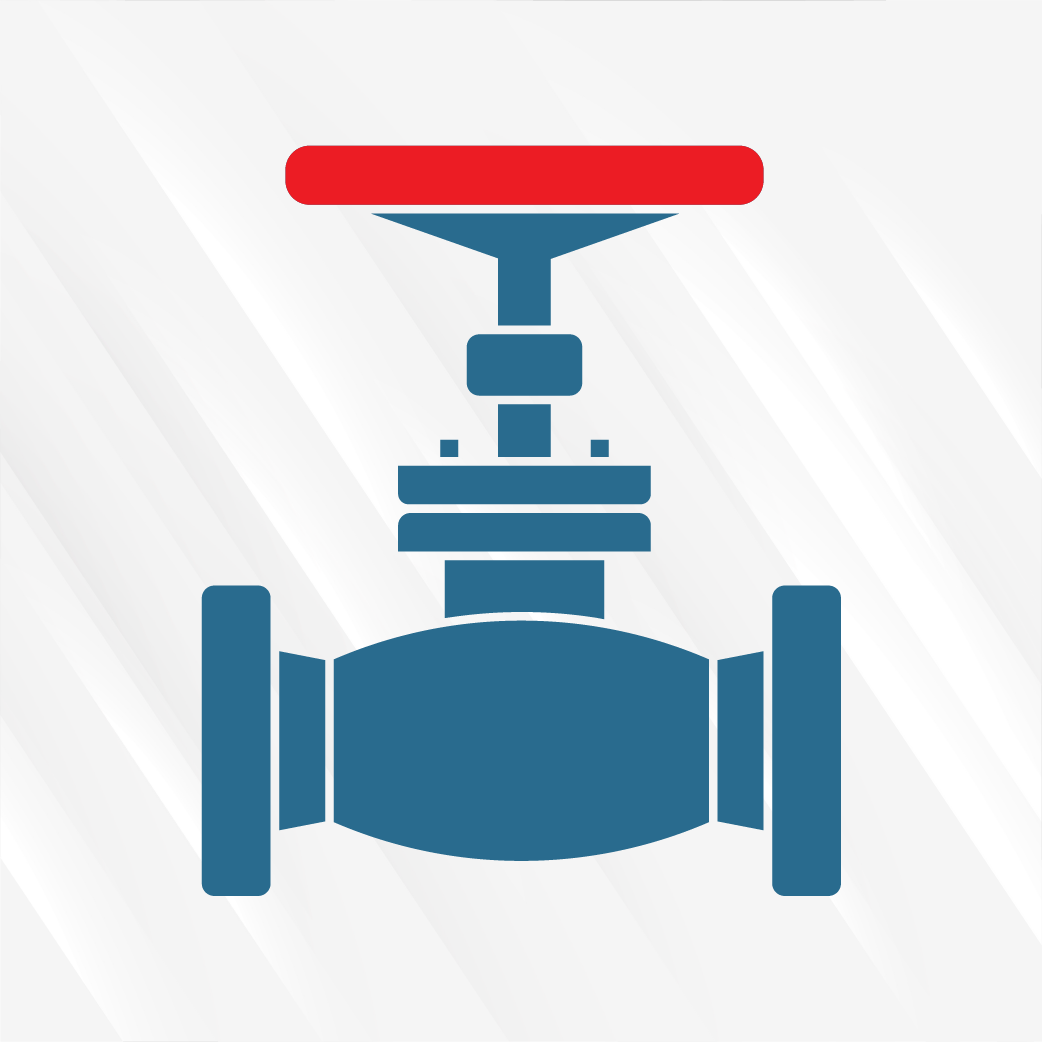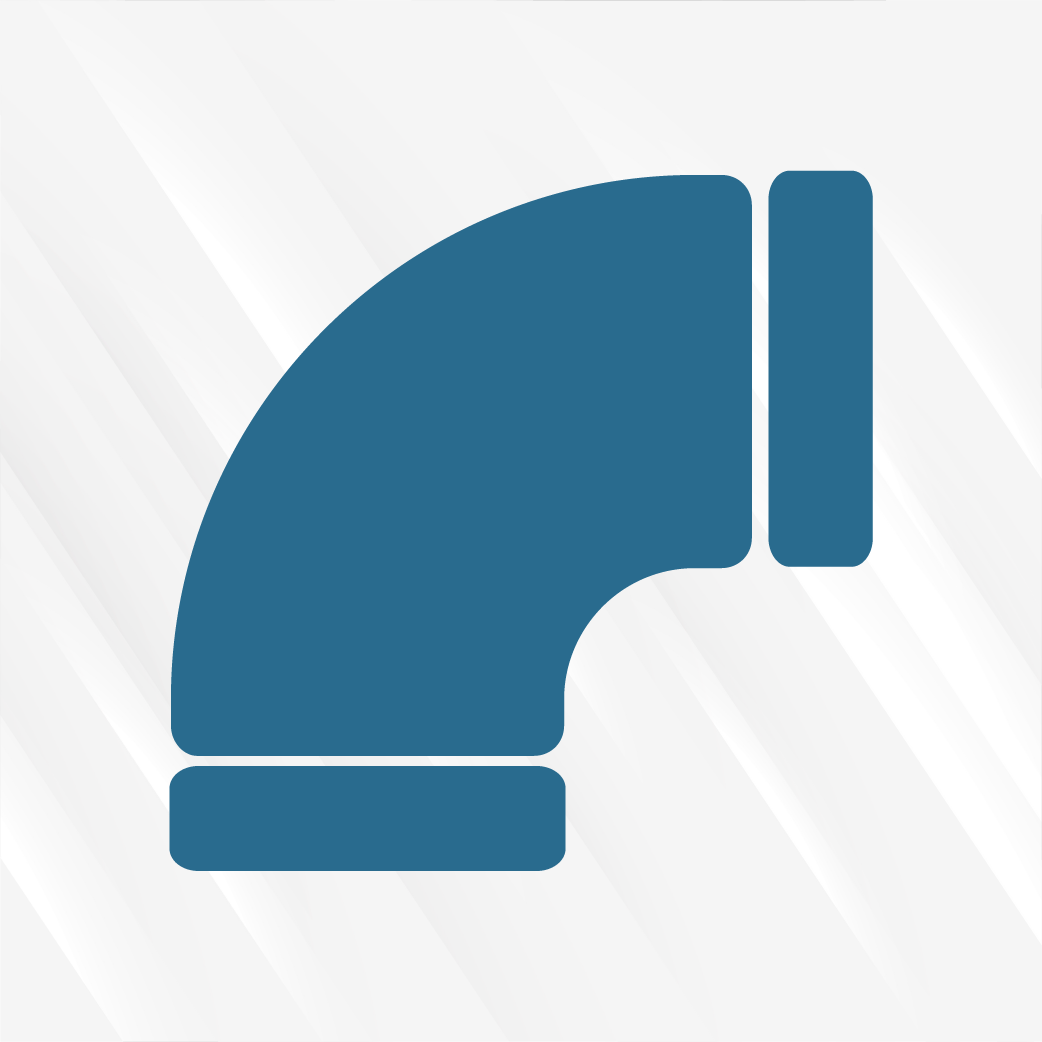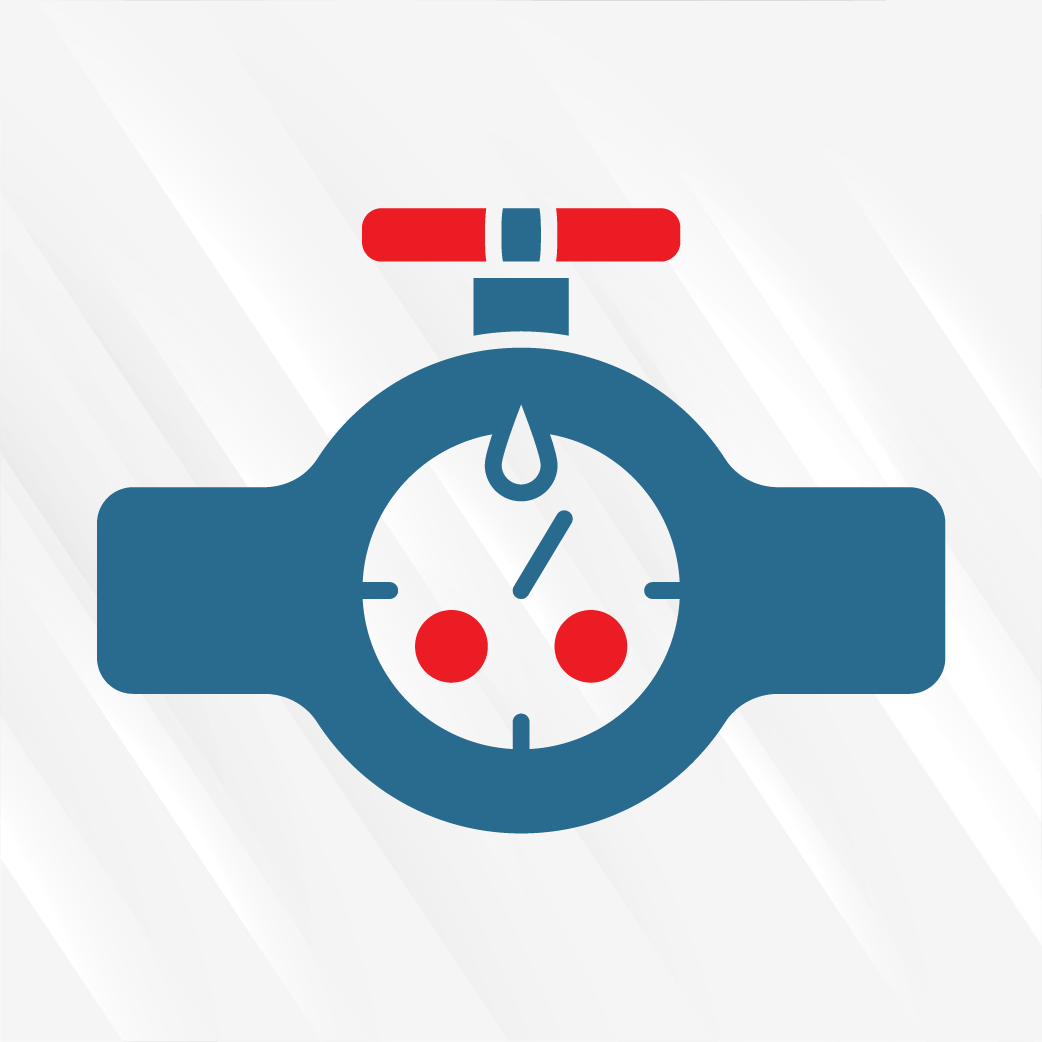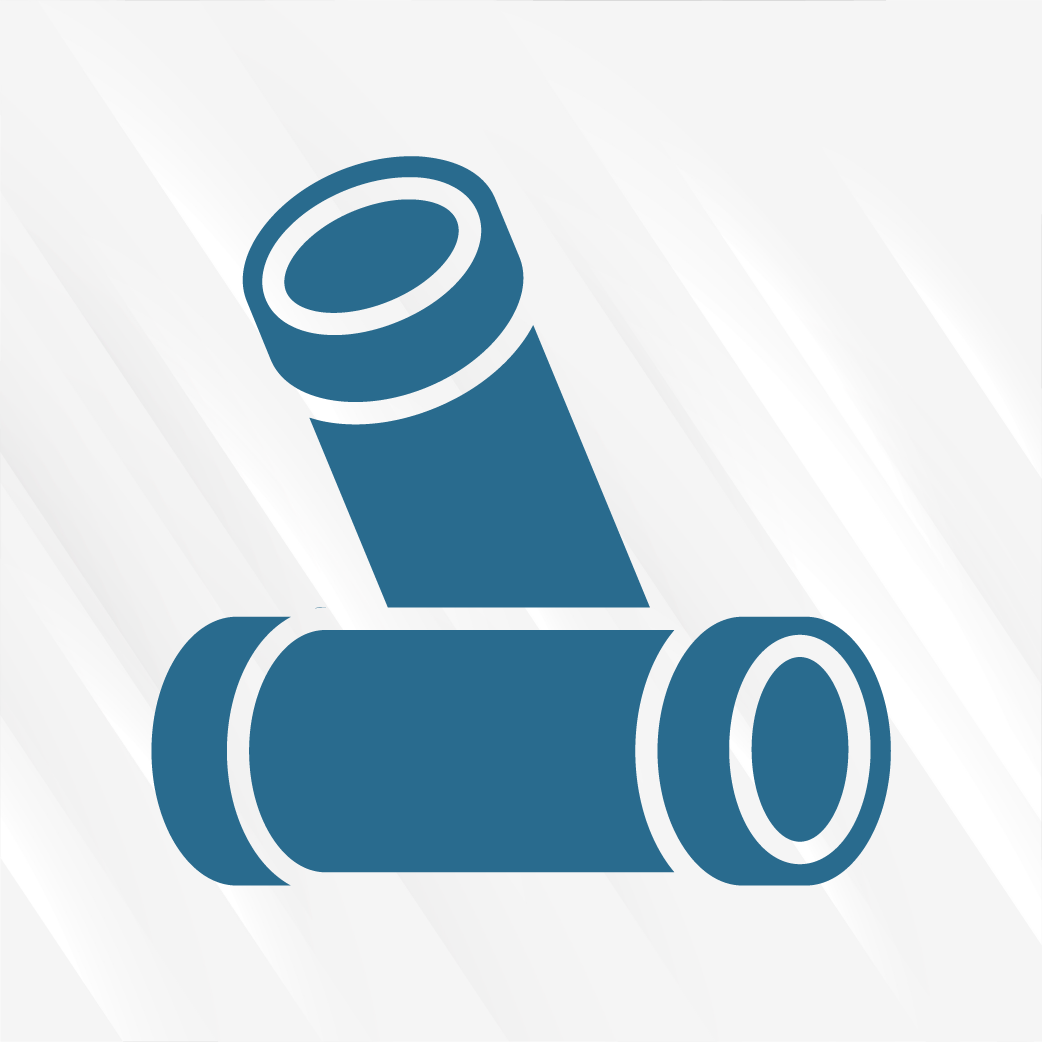In an era where water scarcity is becoming increasingly critical, the need for accurate water consumption tracking has never been more imperative. Water totalizers emerge as an essential tool for both residential and commercial sectors, enabling users to monitor their water usage meticulously. According to a report by the International Water Association (IWA), efficient water management can lead to savings of up to 30% in water consumption, a statistic that underlines the necessity of precise measurement tools like water totalizers.
With advancements in technology, water totalizers now offer unparalleled accuracy and reliability, helping users to identify leaks, optimize water usage, and lower utility costs. A recent study by the American Water Works Association (AWWA) highlights that organizations implementing water usage monitoring solutions have reported a reduction in water waste by as much as 25%. This illustrates the pivotal role that water totalizers can play in water conservation efforts. As we delve into the top five benefits of using water totalizers for accurate water consumption tracking in 2023, it becomes evident that these devices are not just beneficial; they are essential for sustainable water management in the coming years.
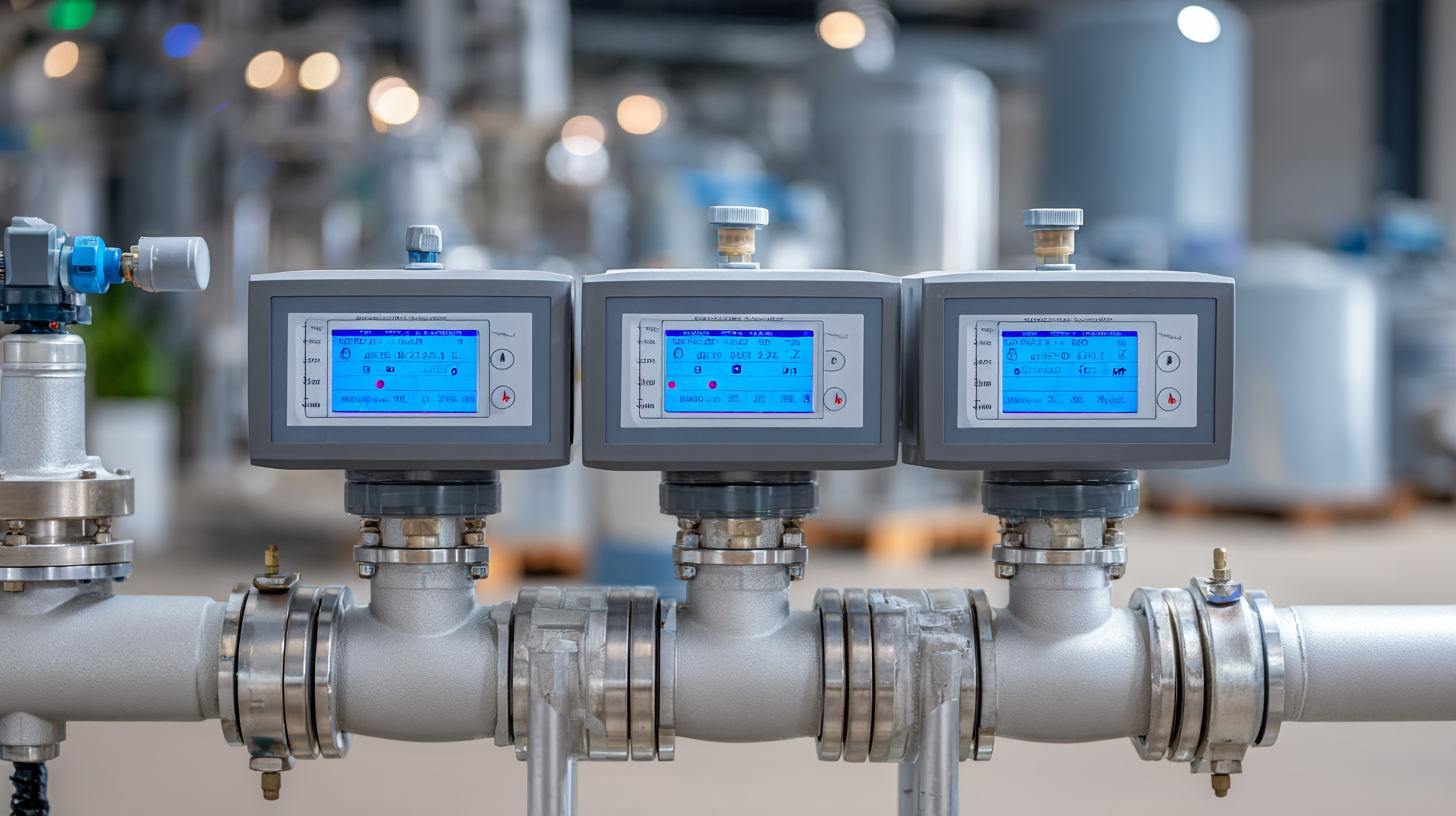
Water totalizers are specialized devices designed to measure and record the total volume of water consumed over a specific period. Understanding their functionality is essential for any homeowner or business looking to monitor their water usage accurately. These devices operate by capturing flow data, often converting it into easily interpretable figures that can highlight consumption patterns, detect leaks, and identify wastage. Through regular monitoring, users can gain valuable insights, making informed decisions to manage their water usage effectively.
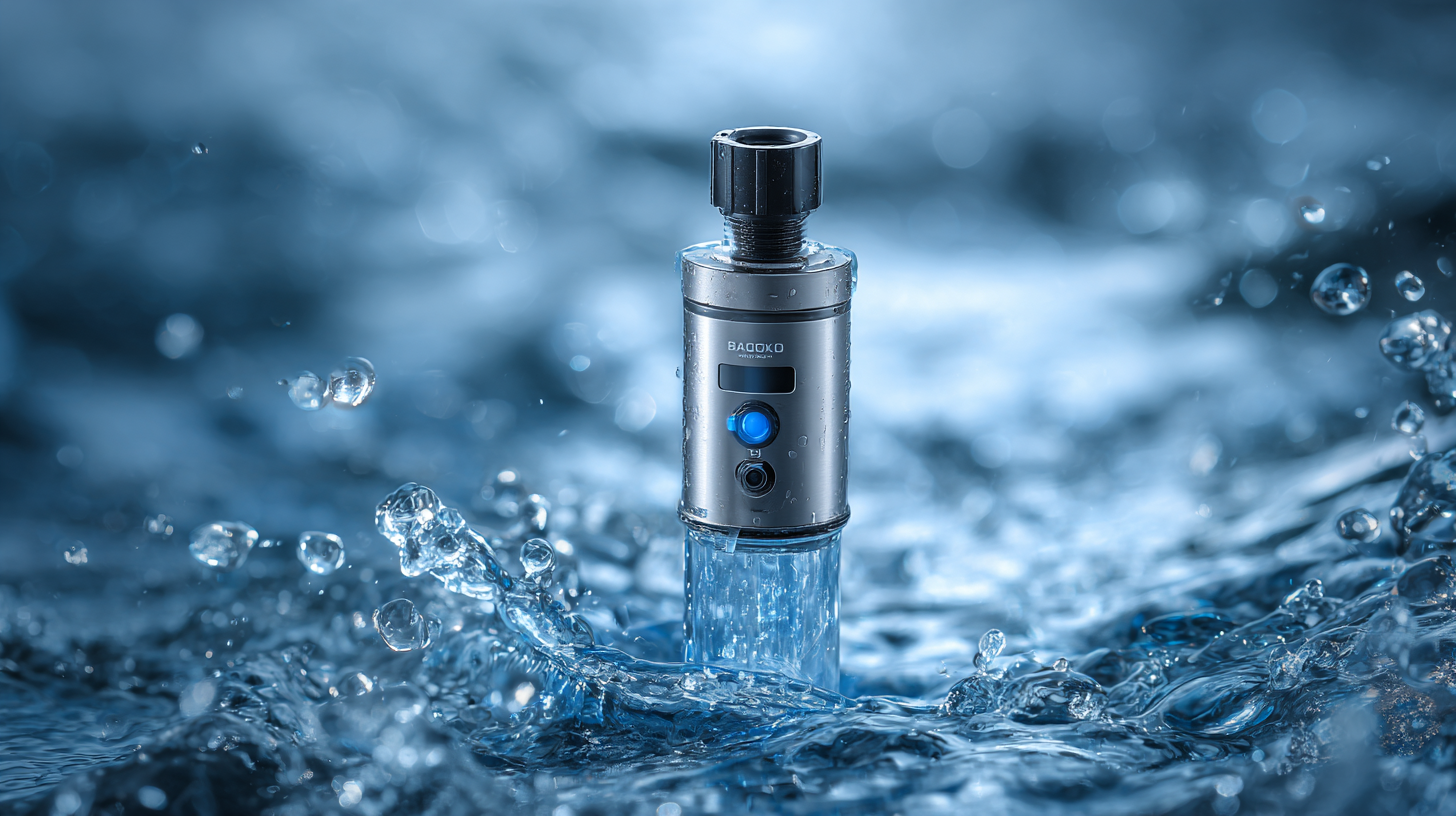
In 2023, as water conservation becomes increasingly critical, the role of water totalizers is more significant than ever. They not only provide accurate readings but also contribute to sustainability efforts by encouraging responsible water use. With features such as remote monitoring and integration with smart home systems, water totalizers offer convenience and functionality. By leveraging this technology, individuals and organizations can optimize their water consumption, reduce costs, and promote environmental stewardship, underscoring the importance of these essential tools in modern resource management.
Water totalizers are essential tools for achieving enhanced accuracy in consumption tracking, particularly in 2023. By providing real-time data on water usage, they enable households and businesses to monitor their consumption patterns effectively. This level of precision is crucial for making informed decisions regarding water conservation, budgeting, and efficiency improvements. With advanced technology, modern water totalizers eliminate the guesswork associated with traditional metering systems, ensuring users have access to reliable readings that reflect actual water usage.
Moreover, the integration of smart technology in many water totalizers allows for automatic data logging and reporting. Users can easily track their consumption trends over time through user-friendly interfaces and mobile applications. This not only promotes awareness but also encourages users to adopt better water management practices. By identifying peak usage times and unusual spikes in consumption, water totalizers provide valuable insights that can lead to significant water savings and reduced utility bills. In a time when sustainability is paramount, embracing such technology fosters a proactive approach to resource management.
This chart illustrates the estimated benefits of using water totalizers for tracking water consumption in 2023. The data reflects enhancements in accuracy, user satisfaction, cost savings, environmental impact, and maintenance efficiency.
Water totalizers have emerged as essential tools for homeowners and businesses looking to monitor their water usage effectively. One of the most significant benefits of utilizing these devices is the potential for long-term cost savings. By providing precise and real-time data on water consumption, totalizers help users identify inefficiencies and leaks that often go unnoticed, allowing for quick remediation before they escalate into more significant expenses.
Moreover, with an accurate understanding of water usage patterns, users can adjust their consumption habits and implement conservation strategies. This not only reduces water bills but may also qualify for various utility rebates aimed at encouraging water-saving behaviors. In essence, water totalizers not only contribute to responsible resource management but also foster a proactive approach to budgeting, ultimately benefiting your wallet and the environment alike.
| Benefit | Description | Estimated Cost Savings (Annual) | Additional Features |
|---|---|---|---|
| Accurate Measurement | Provides precise tracking of water usage. | $150 | Real-time data monitoring |
| Leak Detection | Identifies leaks early to prevent wastage. | $75 | Alerts for unusual spikes in usage |
| Cost Management | Helps in budgeting water expenses. | $120 | Historical usage reports |
| Environmental Impact | Encourages conservation efforts. | $60 | Integration with eco-friendly systems |
| User-Friendly Interface | Easy-to-use tools for tracking usage. | $90 | Mobile app accessibility |
In 2023, the growing emphasis on environmental sustainability is prompting a shift towards the adoption of
water totalizers for accurate water consumption tracking. These devices not only provide precise readings of water usage but also play a vital role in promoting responsible water management.
As the global digital panel meter market is expected to grow from $3.76 billion in 2024 to $5.59 billion by 2032—reflecting a compound annual growth rate (CAGR) of 5.1%—the integration of water totalizers is becoming increasingly relevant for businesses and property owners alike.
Moreover, the necessity for adherence to regulations, highlighted by recent cases such as the $100,000 fine imposed for violations of the Ontario Water Resources Act, underscores the importance of utilizing water totalizers. These tools help not only in tracking water usage accurately but also in ensuring compliance with environmental mandates, thereby reducing the risk of costly penalties. By leveraging water totalizers, users can significantly contribute to sustainable water usage practices while also protecting their investments and ensuring regulatory compliance.
The future of water totalizers is poised for significant advancements, particularly as the global shift towards smart technologies gains momentum. As seen in the projected growth of the smart meter data management market, which is expected to increase from $1.96 billion in 2025 to $5.54 billion by 2032 at a staggering CAGR of 16.01%, the demand for more efficient and insightful water consumption tracking systems is undeniable. Water totalizers, equipped with innovative features, will not only allow consumers to monitor their usage more accurately but also provide valuable insights that can drive sustainable practices.
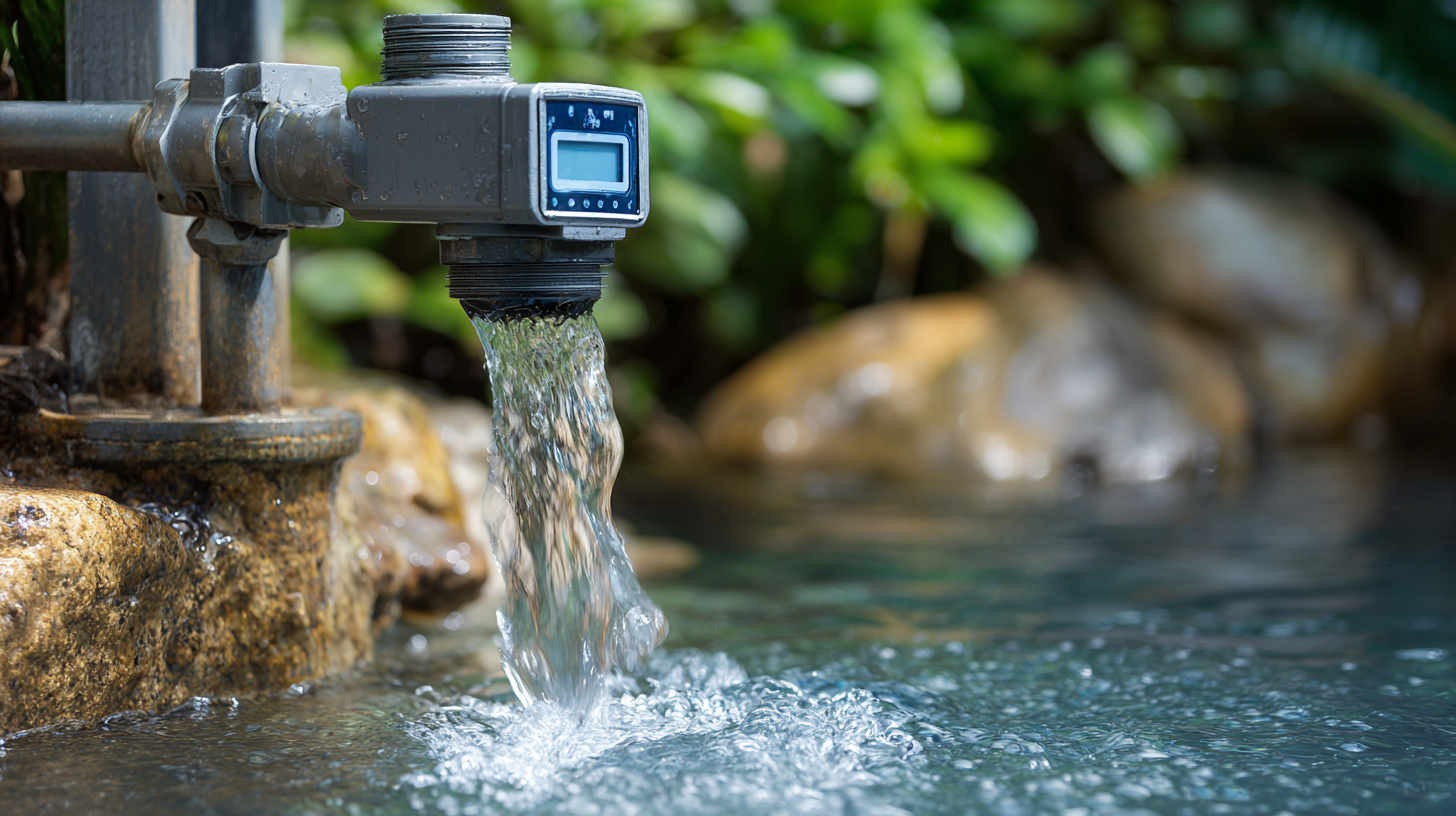
Moreover, the integration of artificial intelligence and data analytics into water totalizers will enhance their performance, enabling real-time analysis of consumption patterns. This transformation aligns with broader trends in water management, where emphasis is placed on sustainable water practices and the reduction of waste. As utilities implement more sophisticated digital meters, the capacity for customers to gain actionable insights from their water usage will improve dramatically, potentially leading to smarter resource allocation and significant reductions in costs associated with water loss and inefficiencies. By 2026, these innovations will likely redefine how we understand and interact with water consumption, making it critical for businesses and consumers to adopt these advancements early on.

